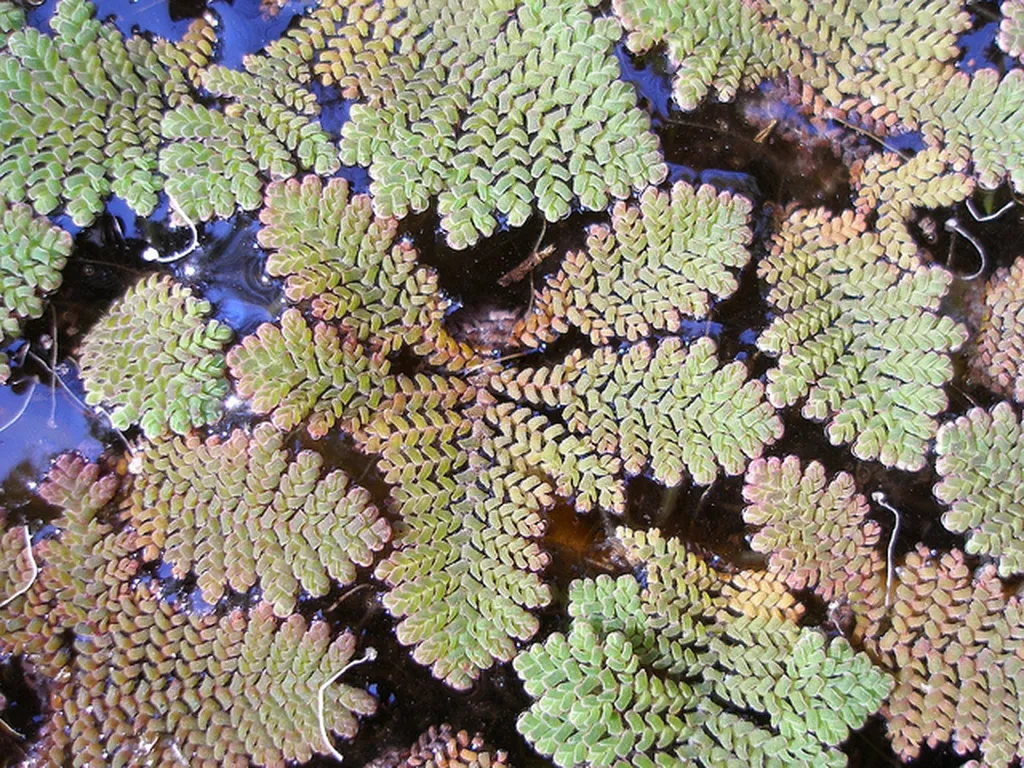In the quest for sustainable and cost-effective feed solutions, a remarkable aquatic fern, Azolla pinnata, is emerging as a game-changer for tropical regions. A recent study published in the *BIO Web of Conferences* (which translates to the *Life Sciences Conference Proceedings*) explores the potential of this unassuming plant to revolutionize feed security, particularly in Malaysia. The research, led by Ismail Risyawati Mohamed from the Food Security, Innovation and Development Research Centre at Universiti Utara Malaysia, sheds light on the nutritional, economic, and environmental benefits of Azolla pinnata, offering a promising alternative to traditional feed ingredients.
As the global population is projected to reach 9.7 billion by 2050, the demand for protein is set to soar. Traditional livestock production methods, however, are resource-intensive and contribute significantly to environmental degradation. The study highlights Azolla pinnata as a sustainable solution, with a protein content ranging from 20% to 30% in dry weight—comparable to soybean. This makes it an attractive substitute for imported feed ingredients like maize and soy meal, which are currently staples in poultry and aquaculture diets.
“The protein yield of Azolla pinnata is not only impressive but also aligns with the urgent need for sustainable agriculture,” says Ismail Risyawati Mohamed. “By integrating this fern into our feed systems, we can reduce dependency on imported ingredients, lower feed costs, and enhance local agricultural resilience.”
The study also addresses the challenges of cultivating Azolla pinnata, including growth inconsistency and environmental sensitivity. To overcome these hurdles, the researchers propose innovative strategies such as controlled environment agriculture and integrated aquaponic systems. These methods could facilitate large-scale production, making Azolla pinnata a viable and scalable solution for the feed industry.
The economic implications of this research are substantial. By reducing the need for imported feed ingredients, Malaysia could see significant cost savings and improved feed security. Additionally, the environmental benefits are profound. Azolla pinnata requires fewer resources to cultivate compared to traditional crops, making it a more sustainable option that aligns with the United Nations’ Sustainable Development Goals (SDGs), particularly those related to zero hunger, climate action, and sustainable agriculture.
“This research is a stepping stone towards a more sustainable future,” says Ismail Risyawati Mohamed. “It offers a practical solution that can be implemented today, with the potential to transform the feed industry and contribute to global food security.”
As the world grapples with the challenges of feeding a growing population, the findings of this study offer a beacon of hope. Azolla pinnata represents a unique opportunity to harness the power of nature to create a more sustainable and resilient food system. With further research and investment, this unassuming fern could play a pivotal role in shaping the future of agriculture and feed security.

